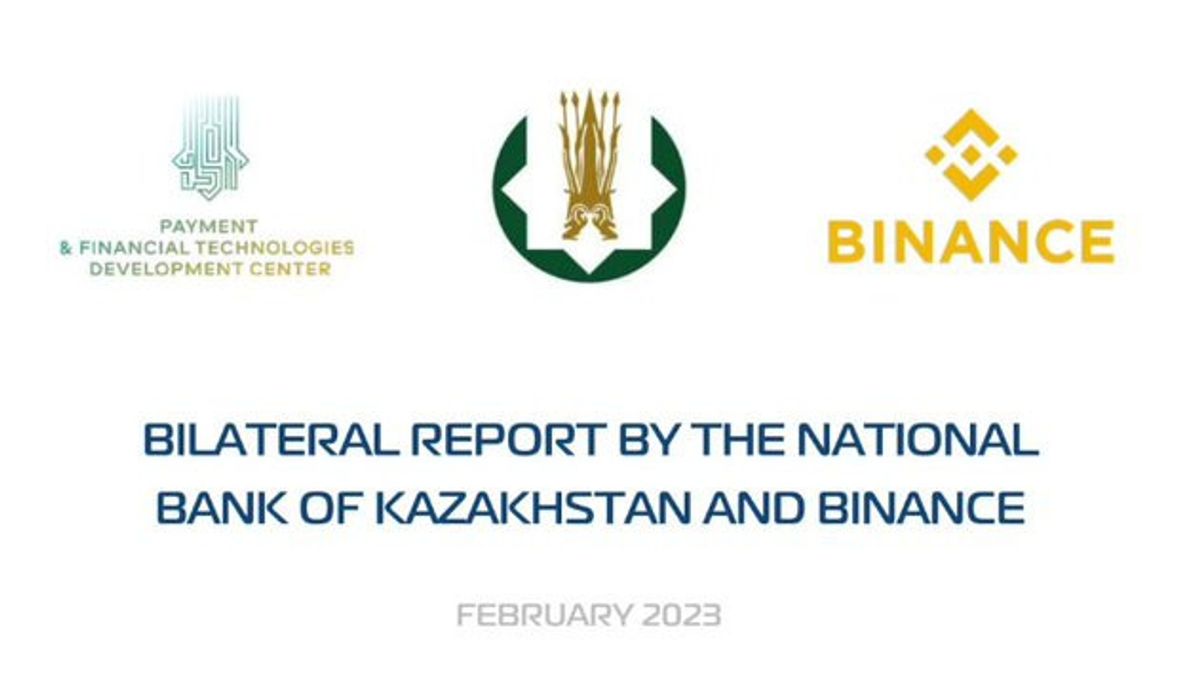JAKARTA - The National Bank of Kazakhstan (NBK) has launched a central bank digital currency (CBDC) pilot project, “digital tenge,”. This is known according to a report jointly published by the bank and Binance on February 3.
The report looks at the global approach to regulation of digital assets, the digital asset industry, and decentralized finance (DeFi) in Central Asia and the Commonwealth of Independent States.
In the introduction to his report, NBK deputy governor Berik Sholpankupov wrote about the bank's vision of a “collaboration between traditional finance and DeFi” that can increase financial inclusion and support international trade.
Alongside the National Bank of Kazakhstan, #Binance presented a bilateral report on the “State of the Digital Assets Industry and DeFi in Central Asia”.
The joint report provides an overview of crypto adoption, general trends of DeFi, and the local digital assets industry.
— Binance (@binance) February 3, 2023
“In Kazakhstan, we also started a practical R&D project to explore how our CBDC – Digital Tenge, can bridge the crypto world with traditional fiat payment infrastructure,” said Berik Sholpankupov, quoted by Cointelegraph.
Sholpankupov's statement confirmed that NBK was on time with the plans set out in its official roadmap. Kazakhstan announced its digital tenge project in 2020. The project will run until the end of 2025.
SEE ALSO:
“CDBC's Digital Tenge Initiative […] It is already in the pilot phase using a controlled environment, real consumers and traders. Currently, BNB Chain and NBK are testing the integration of CBDC with a public decentralized blockchain [BNB] to further bridge the gap between traditional banking and the crypto ecosystem,” said Sholpankupov.
The Astana Financial Services Authority (ASFA) of Kazakhstan granted Binance a permanent license to manage the digital asset platform and provide custodial services in October 2022. Later that month, NBK said it would integrate its CBDC into the BNB Chain.
On January 27, ASFA published a consultative paper examining deficiencies in the Astana International Financial Center Digital Asset Trading Facility (DATF) regulatory framework, developed in 2018. The report suggests additional and potential risk mitigation measures
The English, Chinese, Japanese, Arabic, and French versions are automatically generated by the AI. So there may still be inaccuracies in translating, please always see Indonesian as our main language. (system supported by DigitalSiber.id)















